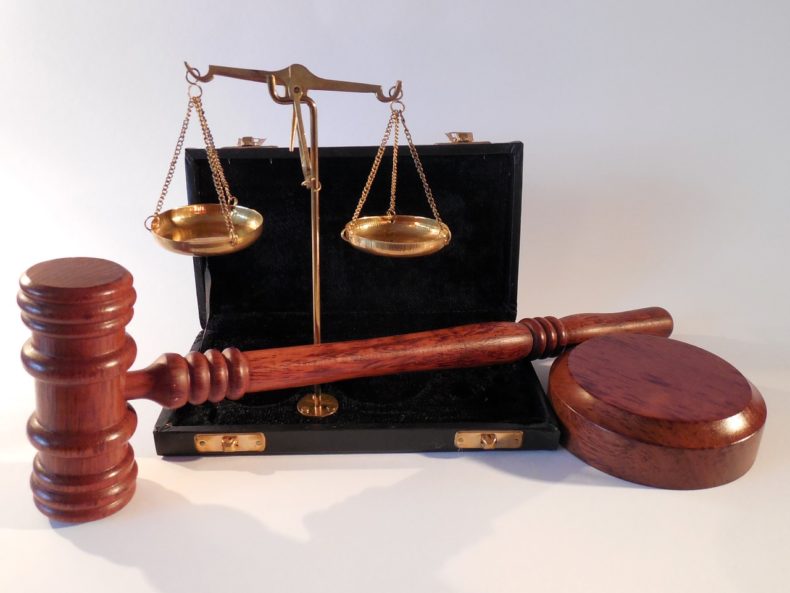Sometimes in our law courts, accused individuals enter guilty pleas then later wish to have the guilty plea withdrawn. A guilty plea is a formal admission of guilt. When an accused enters a guilty plea they are waiving their right to require the Crown to prove the offence beyond a reasonable doubt, as well as related procedural safeguards, many of which are protected under the Canadian Charter of Rights and Freedoms. Guilty pleas are presumed valid. This is especially true when there has been a thorough plea inquiry and the accused is represented by counsel. To have a guilty plea withdrawn, the accused has the burden of proof to establish that the guilty plea should be set aside and a plea of not guilty entered.
The court will consider many factors when determining whether to allow the accused to withdraw a guilty plea.
The Canadian courts have determined only under special circumstances a guilty plea may be withdrawn. There are a number of factors the court considers when determining whether to allow an accused to withdraw a guilty plea. The ground in which the courts have allowed guilty pleas to be withdrawn include:
- the plea was not voluntary and unequivocal;
- the plea was not informed, in that the accused was not aware of the nature of the allegations made against him or her, the effect of the guilty plea and the consequences of the guilty plea;
- other circumstances make it justified, in the interest of justice, to permit the withdrawal of the guilty plea.
Was the plea not voluntary and unequivocal?
The court will examine many factors when determining if the plea was voluntary and unequivocal. Was the accused pressured in any way to enter a guilty plea? Did someone in authority coerce or oppress the accused’s decision to enter a guilty plea? Was the accused offered a ‘plea bargain’ or some other inducement? Was the accused under the effect of drugs or alcohol? Is there any evidence of any mental disorder which may have impaired the accused’s decision-making process? Is the accused a person of limited intelligence?
In examining these above questions, the court will determine if the plea was voluntary. Courts often understand that most accused feel some level of anxiety and fear when entering guilty pleas. These normal emotions, though stress inducing, are not enough to impair an accused ability to make a conscious decision. The court usually requires the accused’s decision making to be to the point where it is ‘out of their hands’.
When determining if the plea was unequivocal, the court will look at whether the accused qualified their guilty plea. Was the accused entering a guilty plea, but at the same time saying he couldn’t remember committing the offence or providing a possible valid defence? Where his guilty pleas uncertain or modified in any way? This assessment is usually conducted on the basis of reviewing the transcript of the proceedings in which the accused entered his or her guilty plea. Additional material before the court may either support that the guilty plea was unequivocal or not unequivocal, such as if the accused had made a detailed confession to the police or if the accused had always maintained their innocence with their counsel.
Was the plea informed?
This question involves determining if the accused knew the nature of the allegations, the effect of the guilty plea and the consequences of the guilty plea. This involves a review of the transcript of the proceeding from the day the accused entered a guilty plea, and any additional materials before the court. During the course of the plea inquiry did the accused express any uncertainty about the nature of the charges or allegations. Did the accused say anything that would suggest confusion in his mind? Did the accused provide a confession to the police which demonstrates his understanding of the allegations? Was the accused present during a preliminary inquiry in which evidence was heard? Did the accused have any difficulties understanding the proceedings due to language deficiencies? Is the accused familiar with the justice system? Did the accused understand the full legal consequence of his guilty plea?
In the circumstance, is it justified in the interest of justice to allow the accused to withdraw his guilty plea?
This catch all category is the court’s last look at determining if they should allow a guilty plea to be withdrawn. The focus of this last look is to ensure justice is being done and is seen to be done. The court will examine if the facts alleged by the accused forms the basis of any valid defence or raises reasonable doubt as to his guilt. The courts are concerned about wrongful convictions and will be particularity sensitive to this issue. The court will also want justice to be seen to be done. If the accused raises concerns about the conduct of their former counsel, such as in instance where former counsel has breached the code of professional conduct during the course of representing the accused or has failed to act competently, the court may allow the accused to withdraw a guilty plea in order to maintain the administration of justice.
Applications to withdraw a guilty plea are complex and difficult. Before deciding to enter a guilty plea in court it is best to speak with a lawyer in order to be advised of all your options. Please do not hesitate to contact me for assistance.

